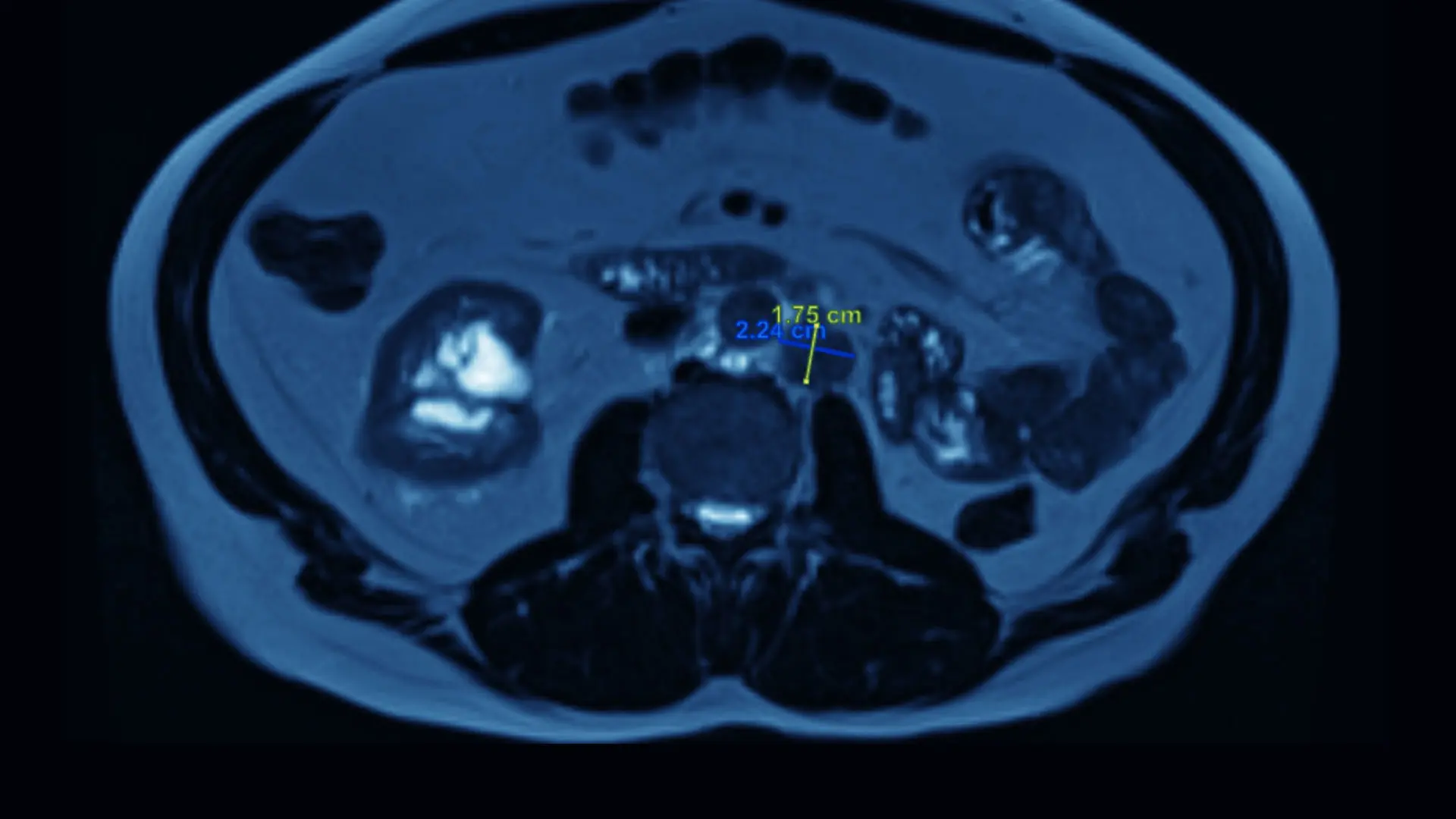Matthew Galsky, MD, has focused on bladder cancer for almost two decades. As Associate Director of Translational Research at The Tisch Cancer Institute, Dr. Galsky concentrates on improving the use of immunotherapy and combination treatments in metastatic urothelial
cancer.
His latest work, published May 16, 2020, in The Lancet, shows that the addition of the immune checkpoint inhibitor atezolizumab to platinum-based chemotherapy as first-line treatment was associated with a significant prolongation of progression-free survival in patients with metastatic urothelial cancer.
Checkpoint inhibitors that target programmed death-ligand 1 (PD-L1) and programmed death 1 (PD-1) are the first new systemic therapies for bladder cancer to be approved by the U.S. Food and Drug Administration (FDA) for both first-line treatment of cisplatin-ineligible patients and those with disease progression despite chemotherapy.
The Tisch Cancer Institute study (known as IMvigor130) is the first phase 3, randomized trial to explore whether it is clinically beneficial to give atezolizumab alone or in combination with platinum-based chemotherapy—the first-line treatment for metastatic urothelial carcinoma since the 1980s.
“Our results showed there is a benefit in terms of prolonging the time it takes for cancer to grow and spread,” says Dr. Galsky, who is also Professor of Medicine (Hematology and Medical Oncology) at the Icahn School of Medicine at Mount Sinai. “On the question of whether combination therapy will result in patients living longer compared to just giving chemotherapy alone, our data aren’t mature enough yet to provide an answer.”
As for the rationale behind combination therapy for bladder cancer, the study ventured that platinum-based chemotherapy might induce immunomodulatory effects that enhance the concomitant PD-L1 and PD-1 blockade. “Scientifically it makes sense,” says Dr. Galsky of the theory, “but we’re still not sure if it’s true synergy or the results of independent drug action.”
“On the question of whether combination therapy will result in patients living longer compared to just giving chemotherapy alone, our data aren’t mature enough yet to provide an answer.”
Matthew Galsky, MD
Preliminary results from IMvigor130 have already affected clinical practice. In July 2018, the FDA and the European Medicines Agency (EMA) revised the labels for atezolizumab and pembrolizumab, another approved anti-PD-1 immunotherapy, to limit their first-line usage to PD-L1 biomarker-expressing tumors, instead of to all patients who are cisplatin-ineligible.
“This change, to focus on the best candidates for these drugs, represents the first use of the biomarker for treatment decisions around metastatic urothelial cancer and metastatic bladder cancer,” according to Dr. Galsky.
Featured

Matthew Galsky, MD
Associate Director for Translational Research
